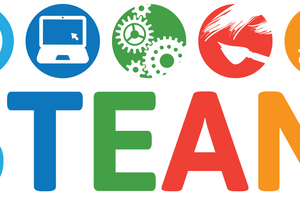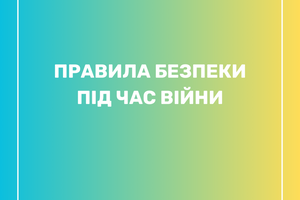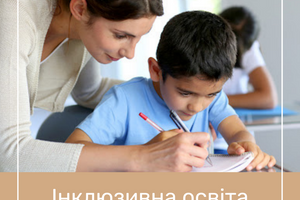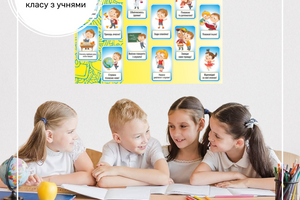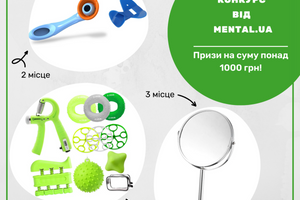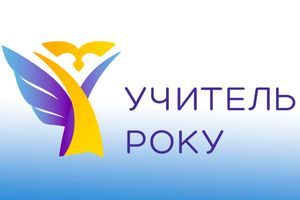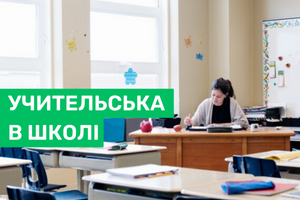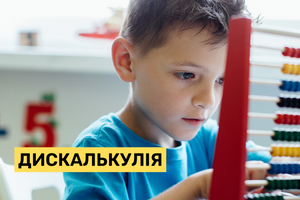The education system in France has a long history and includes different levels of education, from pre-school to higher education. Here are the main aspects of the education system in France:
Pre-primary education: Pre-primary education in France is optional but available for children aged 3 to 6 years. It includes different types of pre-school institutions, such as kindergartens (écoles maternelles), which provide upbringing and education for children before they start school.
Primary and secondary education: General secondary education in France is divided into two cycles - primary (cycle des apprentissages premiers) and basic (cycle des approfondissements). It covers children between the ages of 6 and 16 and includes education in schools known as colleges and lyceums.
Higher education: Higher education in France is available at various levels, including universities, colleges and specialized training institutions. French universities offer a wide range of undergraduate, graduate and doctoral programs in various fields of knowledge.
Vocational education: France also has a developed system of vocational education and training, which provides the opportunity to acquire practical skills and qualifications in various fields, including trades, technical and technological specialties.
Additional support: Different forms of support are provided for students with special needs in the French education system, including inclusive classes, specialized educational institutions and individual support.
This is just a general overview of the education system in France. Each level of education has its own characteristics and regulations, which are determined by the relevant education management bodies.









